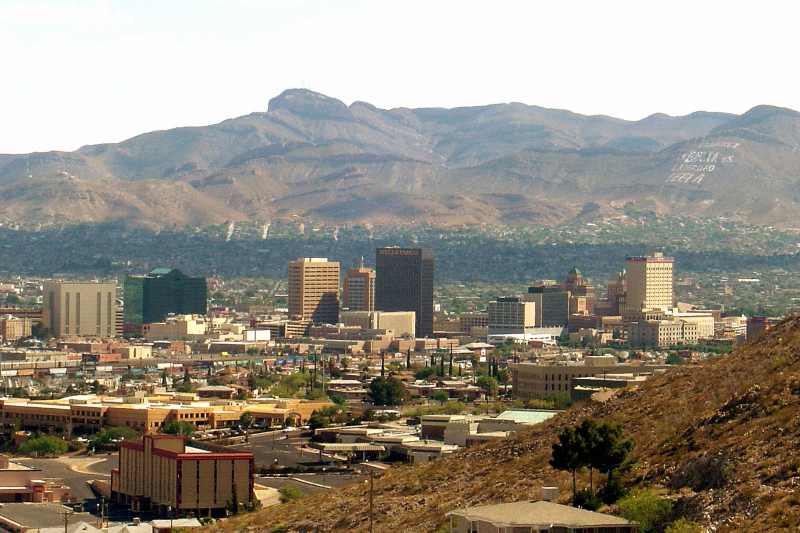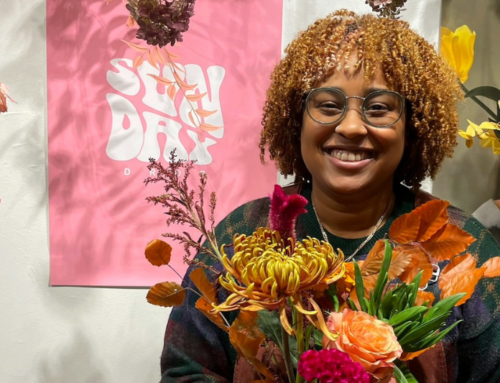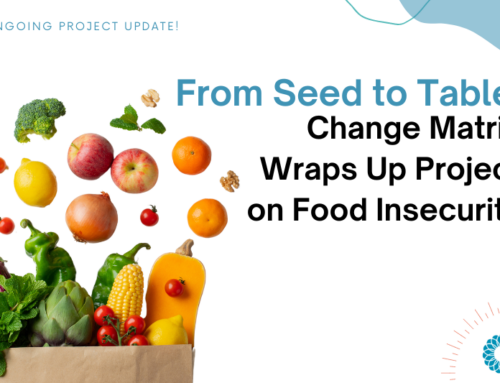No matter what side of the immigration and citizen debate one gravitates to, the inability of our nation’s leaders to find consensus has been distressing to watch. During one of our team meetings, we found ourselves sharing our own stories of what the word immigration means to us. We thought we’d share a little more about our team members over the course of time.
sandra
I grew up on the southern border, in El Paso, Texas. My birth city has been in the news lately, with discussion of building a wall to address the supposed immigration crisis. But this assessment doesn’t ring true to me. El Paso is a city of immigrants. The vast majority of El Paso residents are Latino. Over 25% are foreign-born, having emigrated mostly from Mexico. Growing up, the border was fluid. My family traveled regularly into Juarez, Mexico to buy food and medicine. I remember visiting my great-grandmother, who ran a little store at the top of a dusty hill. Family members lived on both sides of the border. Life happened on both sides of the border. And that is still true today. Thousands of people cross the border every day to eat, work, shop, and visit with friends and family. This is the largest international community in the world and thus there is an inter-independence that is important to the vitality of both cities.
But some choose to take a risk, uproot their family and settle in a new country. When you think about the ‘push’ and ‘pull’ factors of immigration, the strong US economy has pulled many people to the US side of the border. Many border residents have immigrant roots. My grandparents and great-grandparents were born in the Mexican states of Jalisco, Durango and Zacatecas and crossed into the US in the early 1900s. My paternal grandfather crossed the border in 1918 when he was an infant and his family headed to Kansas seeking agricultural work. My maternal grandmother was also very young when her family crossed the border at El Paso in 1916 and then settled in Texas to open a restaurant. I have seen their border crossing documents indicating when and where they crossed, but it’s only part of their story. There is much about their immigrant story that I don’t know.
What circumstances were they leaving? Who were they leaving behind? What did they hope to find?
I’m sure my family was no different from the majority of immigrants, who have come to the US seeking opportunities not available to them in their home countries. Immigrants are no different from native-born citizens, in the sense that they want the opportunity to support themselves and create a better life for their children. Like other immigrants, my family members worked hard, raised families, and contributed to society. Once in the US, my family members worked mostly as laborers—in kitchens, farms, offices, and factories. The hard work and sacrifices made my parents, grandparents, and great-grandparents before them, have resulted in opportunities for me. I was able to attend college and then graduate school. And this education has afforded me a career path with economic security and the privilege to participate in meaningful work.
I like to think that I am a continuation of their story and maybe I embody the realization of the hopes and dreams they brought with them to this country.
[Picture above: El Paso, TX]



